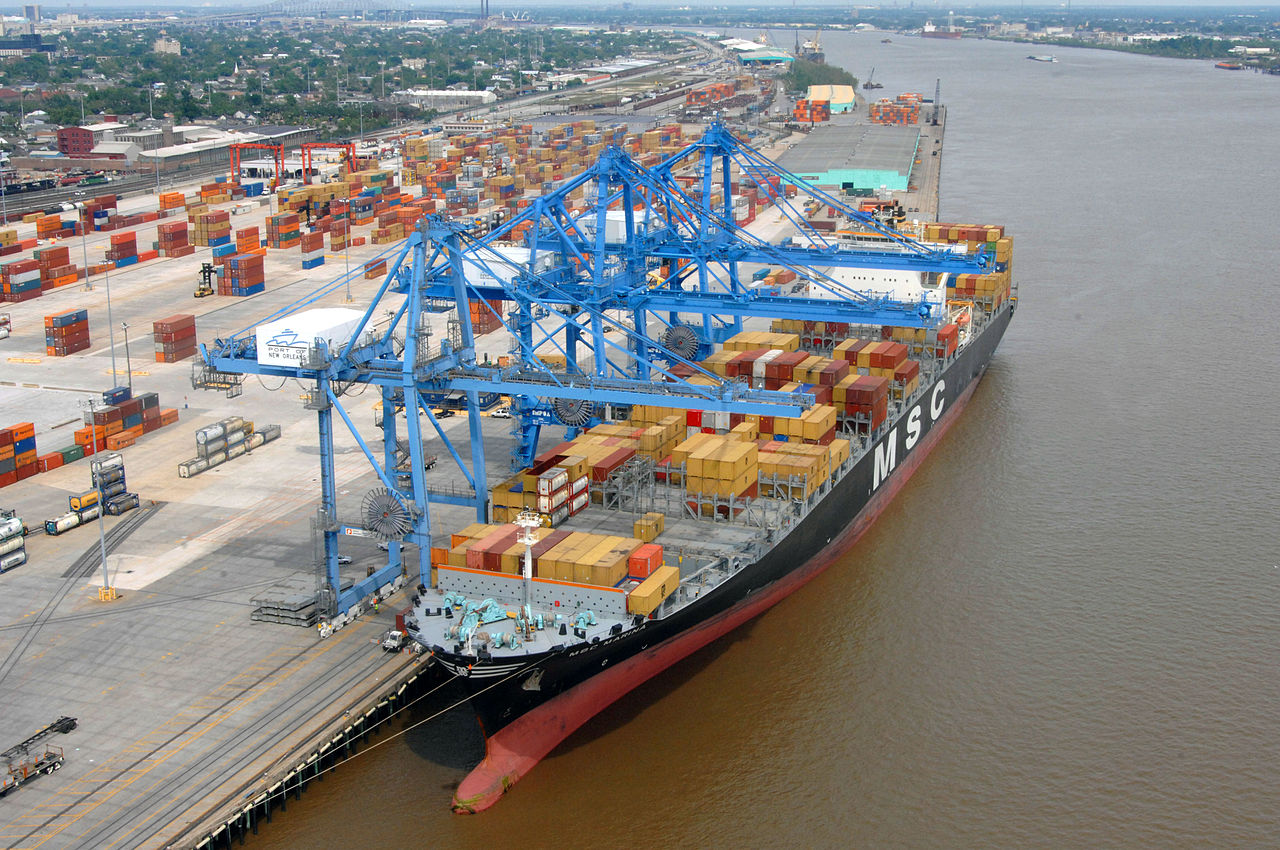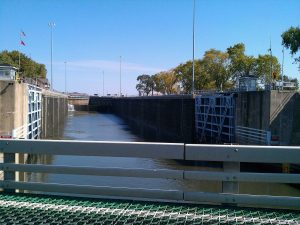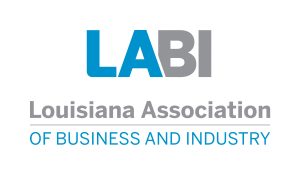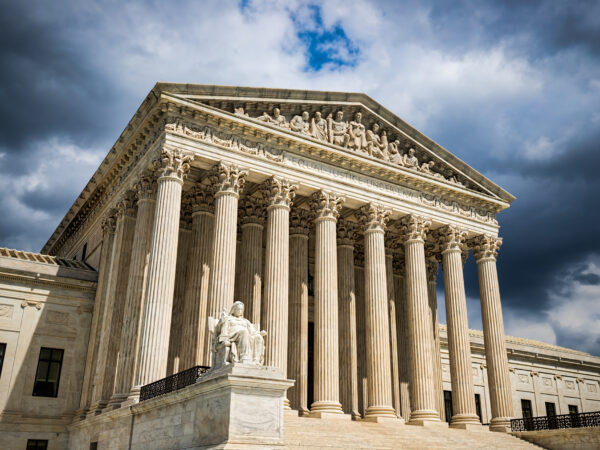
Michigan senators critical of timetable
The debate about how to stop Asian carp from entering the Great Lakes hit another milestone last week as the Army Corps of Engineers’ extended comment period on a potential solution came to a close.
The controversy is now in its second decade.
The opportunity to comment was expanded to accommodate a previously unscheduled session in New Orleans. The extension angered Michigan Senators Debbie Stabenow and Gary Peters who say the “process is taking far too long.”
The Corps has been seeking public input on its plan, known as the Brandon Road Lock study, since September. If implemented, the plan would provide a suite of options to keep carp out of the Great Lakes.
in a letter to the Corps, Stabenow and Peters questioned why the New Orleans meeting wasn’t scheduled earlier.

Brandon Road Lock and Dam Historic District, courtesy of Bwheelerrtrm
The Brandon Road Lock, 50 miles from Lake Michigan, near Joliet, Illinois, is thought to be a choke point for stopping Asian carp.
But the final Army Corps report isn’t due until August of 2019, and Stabenow and Peters want that date moved up by eight months to January.
The senators expressed frustration that the Trump administration had delayed release of the report early in 2017.
Illinois Lt. Governor Evelyn Sanguinetti called for the report to be delayed in a column published in the Chicago Tribune in early 2017. Shipping interests in Illinois have lobbied against the Army Corps plan.
In their letter, Stabenow and Peters also questioned the Corps’ economic analysis of the impact of Asian carp on the Great Lakes.
“The (Army Corps) should not ignore the impact of Asian carp on several important industries – including recreation and tourism – or the economic impacts to the other Great Lakes besides Lake Erie,” the senators wrote.
Lake Erie’s fishery is the largest in the Great Lakes and thought to be the most vulnerable to an Asian carp invasion.
In a similar letter to the Army Corps, 28 members of the U.S. House from the Great Lakes region called for the original project timeline to be followed.
“Fiddling”
Input from environmental groups followed previously held positions but also sought to spotlight economic impacts.

Howard Learner, President and Executive Director of the Environmental Law & Policy Center, courtesy of elpc.org
Howard Learner said in a statement released to Great Lakes Now that the Army Corps’ proposals are a “starter.”
But Learner said they are “short of what’s needed to avoid the economic and ecological disaster if our public officials don’t prevent Asian Carp from entering the Great Lakes.” He accused the Corps of “fiddling,” which would lead to additional delays.
Learner is executive director of the Chicago nonprofit Environmental Law and Policy Center.
National issue
In a letter to the Army Corp, the Louisiana Association of Business and Industry said it supports the Corps’ efforts to “isolate and eliminate the spread of Asian Carp in the Great Lakes and surrounding waterways.”

Louisiana Association of Business and Industry, courtesy of labi.org
But the association opposed any structural changes to the waterways that would “impede commerce,” citing a threat to the state’s multi-billion shipping industry.
The letter said “any disruption to the inland waterways system in Illinois is not limited to a local Great Lakes issue, but in fact, impacts the larger U.S. economy and has a direct effect on trading states, such as Louisiana.”
A Great Lakes region environmental coalition, including the Natural Resources Defense Council and the Sierra Club, told the Corps that any negative impact on transportation based on structural changes to the waterways was “likely overestimated.” The coalition said the long-term trend for movement of goods on the waterways was “downward.”
Proposed modifications to the Brandon Road Lock are estimated to cost $300 million with the federal government paying less than $200 million. The balance would be the responsibility of a third party, presumably Illinois, which has said it can’t afford the expense.
Environmental groups want the federal government to incur the total cost. Congress would have to put the money in a future budget.
There is concern that the proposed federal tax overhaul will add significant national debt that will have to be addressed. That could make expensive projects like the Brandon Road Lock difficult to support if subjected to tough budget scrutiny.




